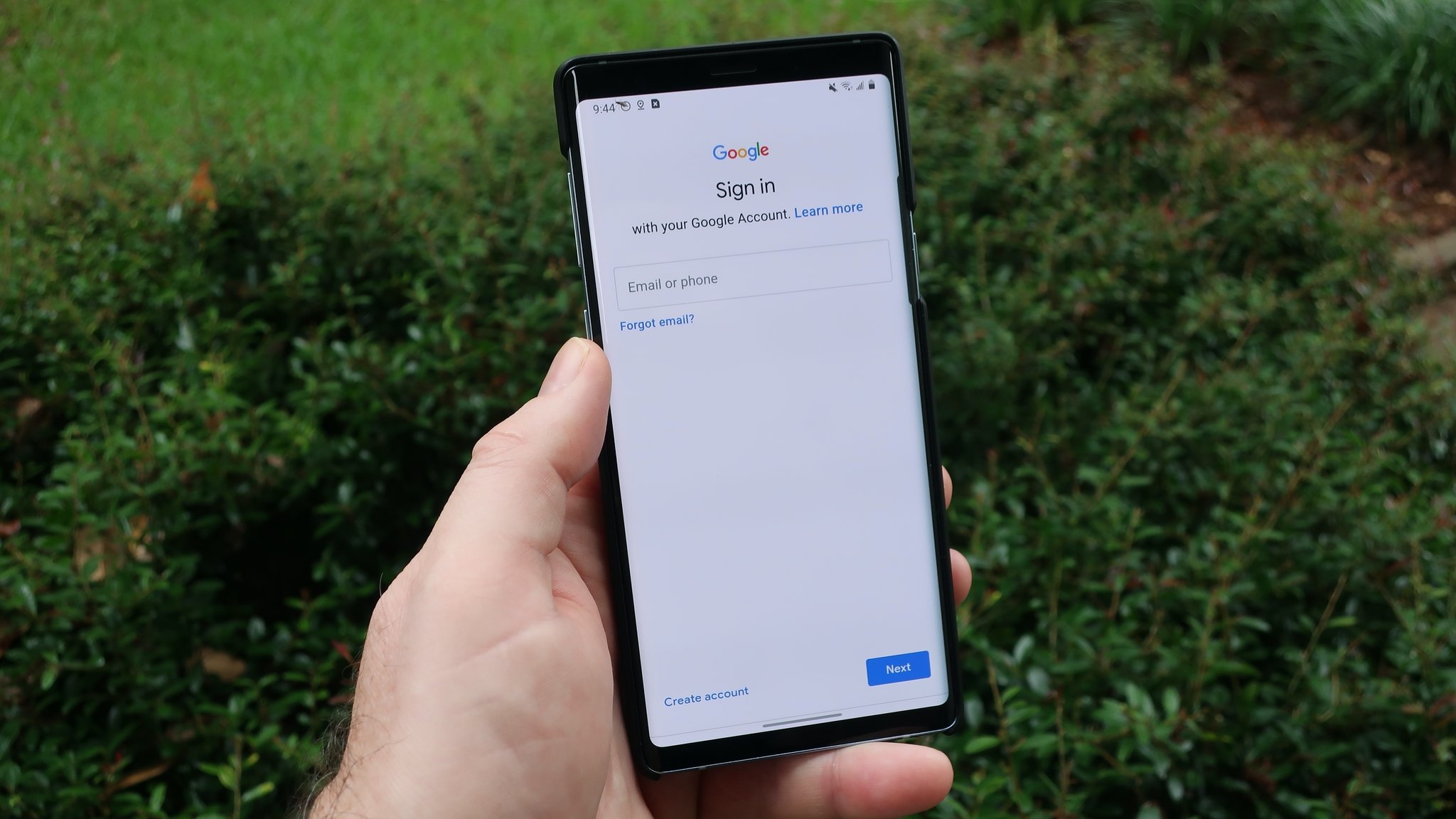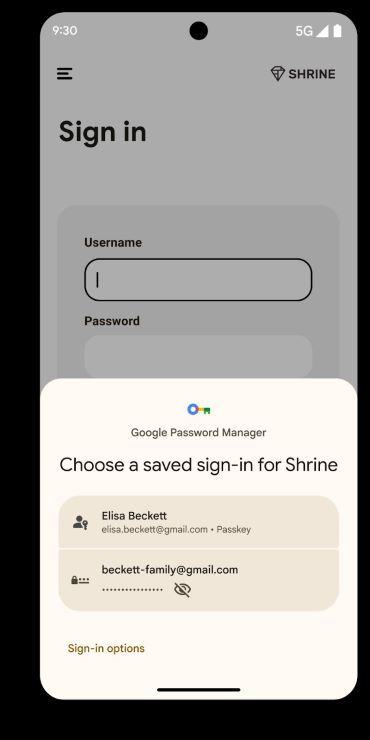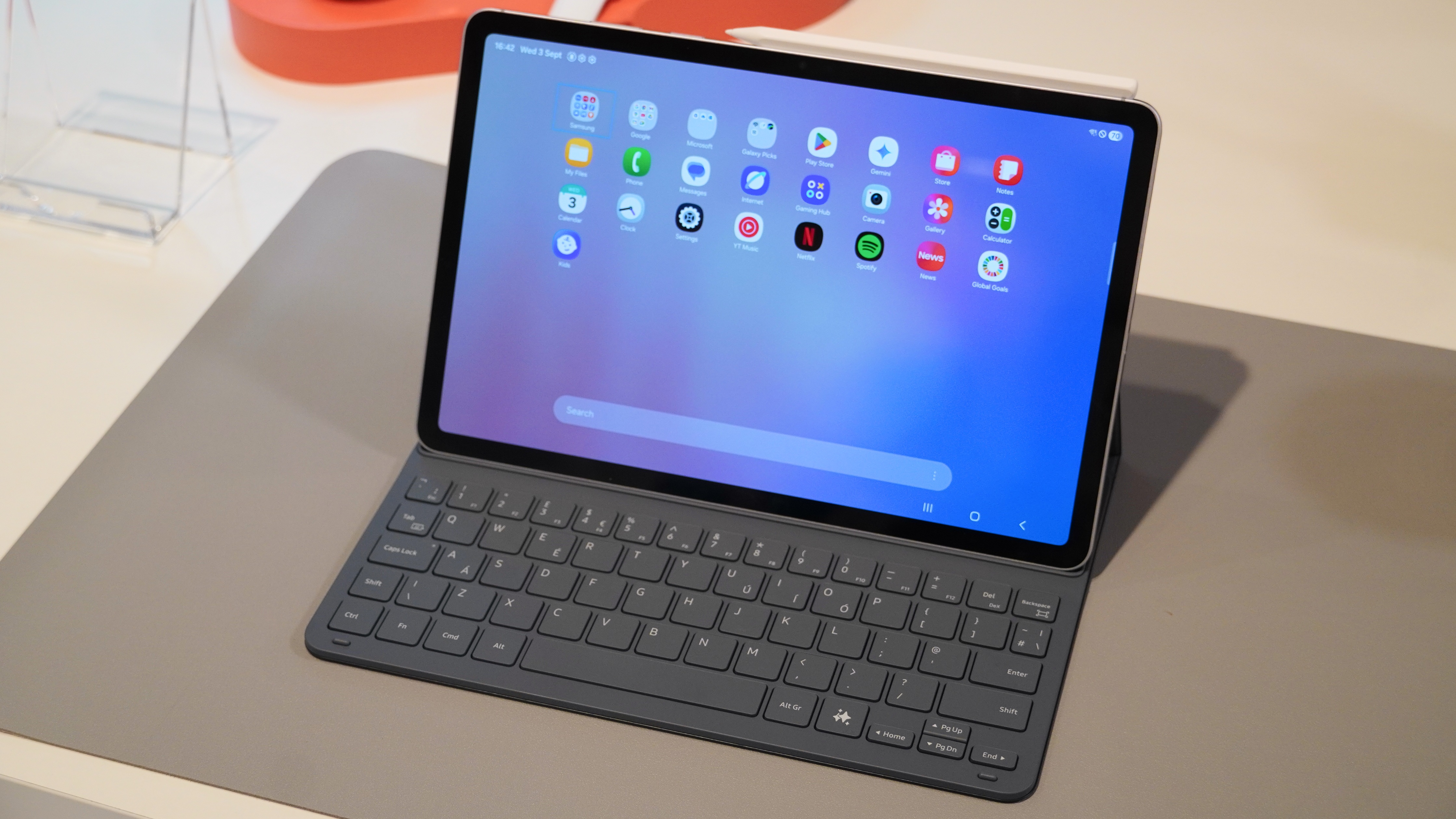Google's Credential Manager is here to make signing in to apps a breeze
The rollout is a wake-up call for Android apps to support passwordless login with passkeys.

What you need to know
- Google's Credential Manager will store credentials like usernames, passwords, and passkeys for Android apps.
- Credential Manager houses biometric authentication for all of these credentials under one roof, making it easier for users to sign in to apps with their fingerprint or face scan.
- Third-party password managers can integrate with Credential Manager to give users the option to use their favorite password manager other than Google Password Manager.
Passkeys are the next big thing in online security, and Google's Credential Manager is here to make them even easier to use on Android.
The search giant announced that its new Credential Manager will be rolling out to Android devices on November 1. It's like a one-stop shop for all your login needs, storing your passkeys, passwords, and federated identity logins, and it can even authenticate you with biometrics.
With passkeys, you can forget about passwords and two-factor authentication. Instead, you'll just need your fingerprint or face scan to log in to your favorite apps and websites. Google's Credential Manager makes it even easier by automatically guiding you to the right login method, so you don't have to remember which app uses which authentication method.
Earlier this month, the Mountain View-based company made passkeys the default method for logging in to personal Google accounts, and you will be prompted to create and use passkeys the next time you sign in. The latest move signals Google's intention to nudge Android apps to support passkeys.
Credential Manager makes it easy for apps to support passwordless login. Google notes that many popular apps like WhatsApp and Uber are already using it. This method can automatically choose the best login option for you, even if you have multiple options for the same account. It does this by prioritizing different accounts and making it easy to switch between them.

Passkeys are a win for both users and developers, seeing as the former gets a more secure and convenient login experience, while developers don't have to worry about supporting multiple login methods.
Passkeys are also more secure than passwords because they're harder to phish. Passkeys only work on the website or app they were created for, and they're never shared with the website or app.
Get the latest news from Android Central, your trusted companion in the world of Android
Google's Credential Manager works with your favorite password managers too, displaying your saved credentials from 1Password or Google's own Password Manager, for example, when you're logging into an app.

Jay Bonggolto always keeps a nose for news. He has been writing about consumer tech and apps for as long as he can remember, and he has used a variety of Android phones since falling in love with Jelly Bean. Send him a direct message via X or LinkedIn.
